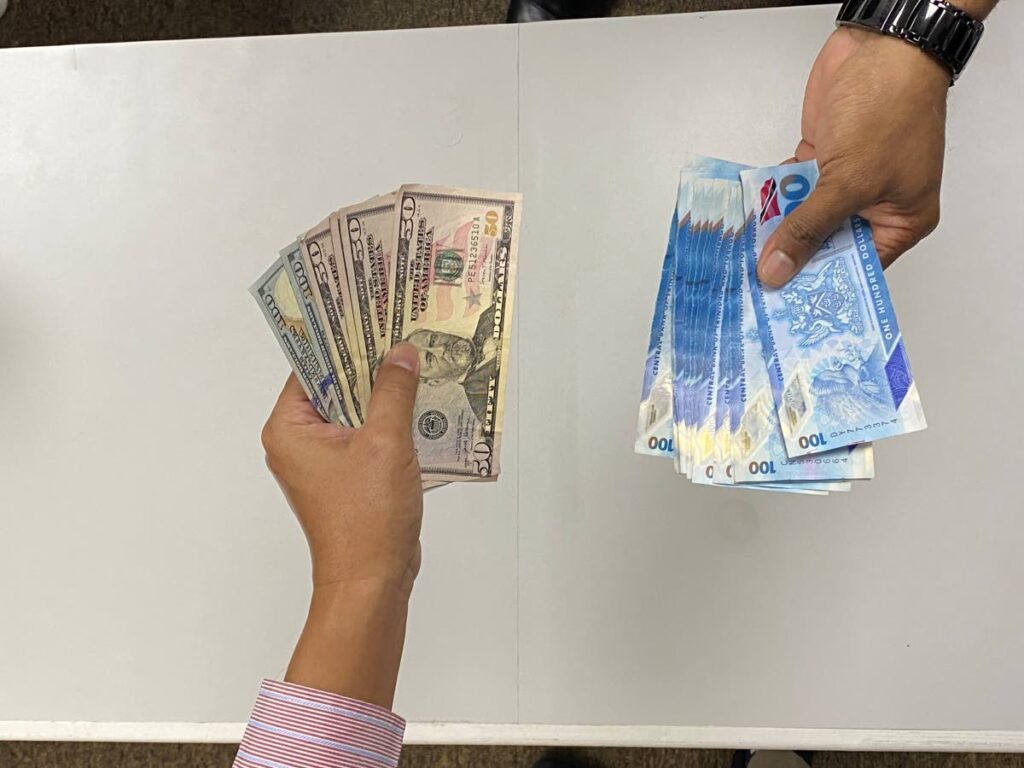Fixing the forex problem

THE EDITOR: We have faced persistent foreign exchange (forex) challenges due to structural imbalances in our economy. This imbalance has largely been brought about by our reliance on oil and gas exports, and our reluctance to diversify the economy.
This inaction has facilitated a mismatch between forex demand and supply. Which has brought us to this juncture in our development as a nation.
Also contributing to our forex demise are the concerns surrounding the exchange rate policy. In my opinion, this would have to be overhauled. Hopefully bringing it into alignment with our current reality.
Some recommendations to address the imbalances may lie in developing public-private partnerships (PPP) in manufacturing with strategic products for specific markets. I can almost hear some readers asking. “Why a PPP?” Allow me to explain.
If the government were to partner with the private sector in this way, what is earned by the government would invariably be placed into our financial system, thereby improving liquidity of the US dollar. It would also reduce the risk for both entities as the burden of financing would be shared.
It is not enough to partner with the private sector, however.
The government must also encourage more foreign direct investment into strategic sectors of the economy. The objective here would be to fill gaps in foreign markets where we have the resources available to so do.
Now our current forex challenge has also heaped more difficulties and cost on our business community. In particular small and medium-sized enterprises (SMEs).
It must also be stated that for those of us who are able to generate forex, getting it back from the local banks is also an issue. It is this challenge in retrieving forex that has prompted many businessmen to bank their US money where it can be retrieved with less effort.
This action by the business community now contributes to the forex crunch and prompts another question: Do we have a lack of confidence in the TT dollar and our financial system? Yes, there appears to be a lack of confidence – and with public-private partnerships.
However, there may be a way that allows for strategic partnerships to help bolster our exports and improve that confidence, while increasing the liquidity of the US dollar.
The government must also strengthen its support of SMEs by granting them access to loans and distribution channels via government-to-government arrangements. This is an area where the government can do more. While some do exist, not enough is being done to exploit the length and breadth of such arrangements.
Lastly, the government would also need to improve its revenue management and offer subsidies or duty-free concessions for industries involved in producing essential goods locally.
One of Michael Porter’s five forces, threat of substitution, may have to drive our innovation as we seek to reduce our reliance on imported goods.
N TENIA
San Juan

Comments
"Fixing the forex problem"